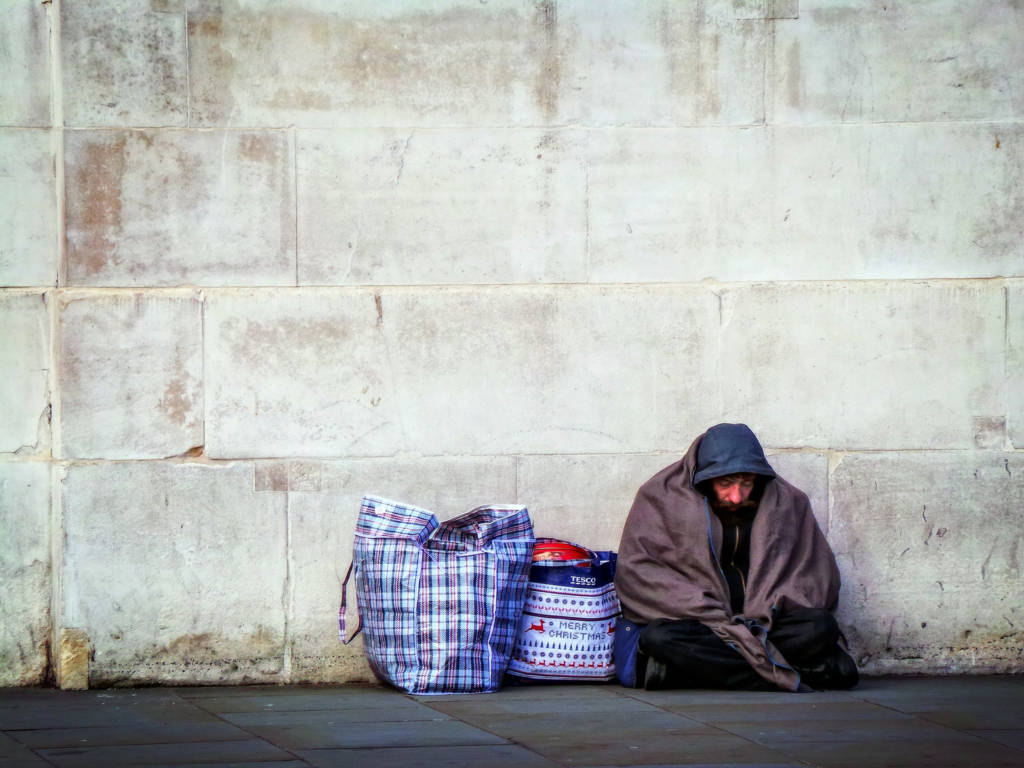This piece was first published with Atlas Corps and reprinted with their permission.
Is life tough? Ask young people who are experiencing homelessness. On the first day of spring, despite heavy snow, I left for work at 5 a.m. to supervise our delivery crew unloading the latest edition of Street Sense. A few blocks away from the office, I saw a young man on the street, probably 14 years old, asking for money for breakfast.
He is not alone in his circumstances. A 2017 study shows that there are 4.2 million adolescents and young adults in the U.S who are experiencing homelessness. Why are these young souls experiencing homelessness and on the streets? There are countless reasons.
Let’s start with the commercialization of real estate, which happened decades ago. Rent is so high today that the majority of Americans, 78 percent as of 2017, live paycheck-to-paycheck and cannot handle small emergencies. Speaking for myself, more than 50 percent of my income directly goes to my landlord, which is ridiculous.
These high rents have made many parents incapable of taking care of their children because they themselves are experiencing homelessness. Domestic violence, lack of parents’ economic stability, single parenthood, individualistic culture, sexual harassment and abuse, lack of proper care in foster homes and aging out of foster homes have all also contributed to youth homelessness.
Homeless youth often face mental trauma, sexual abuse and sex trafficking, lack of mental health care, difficulty completing their education, self-harm, suicidal thoughts, untreated physical health issues and lack of safety. They are more vulnerable to a vast majority of problems that can ruin their lives. Approximately 5,000 youth die every year while experiencing homeless, according to the U.S. Health Resources and Services Administration.
In a society where everyone is so worried about their education, health, lifestyle, professional grooming and career, 4.2 million members of the next generation are totally deprived of education, health, professional grooming and careers. This is a foundation that perpetuates inequality.
If these 4.2 million youth are provided with reasonable housing and opportunities for educational and professional development, they will contribute a lot to the betterment of the country. This is the time for government, nonprofits and civil society to further their efforts to minimize youth homelessness. The question is, who is going to start this serious effort?
Ilyas Muhammad is Street Sense Media’s vendor manager.






